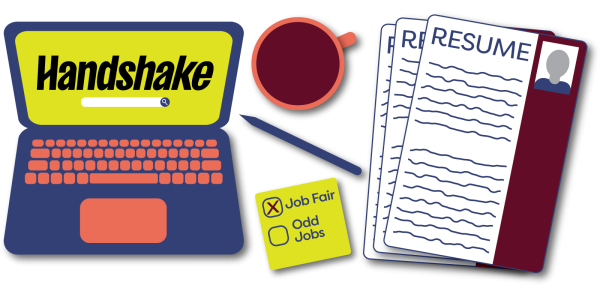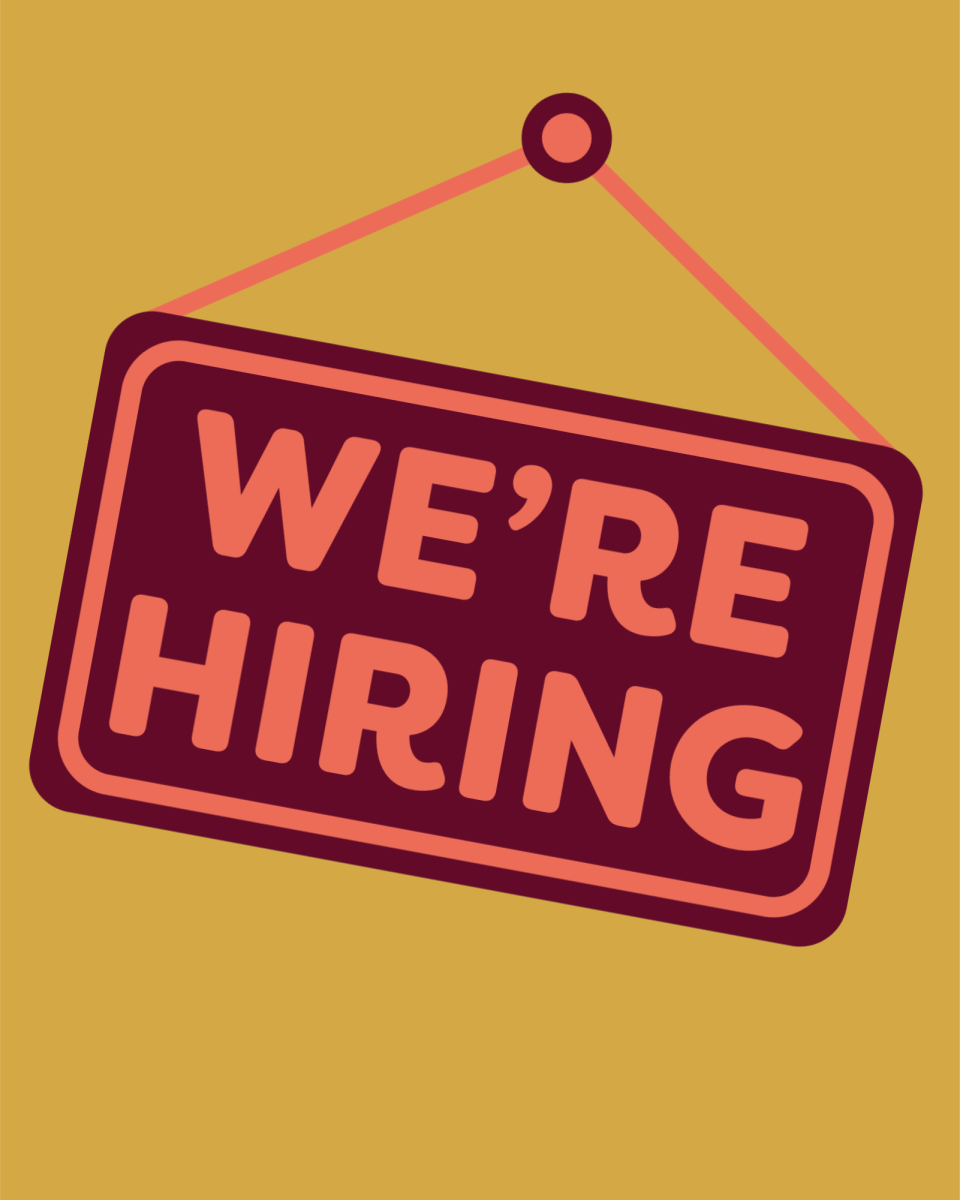From swiping IDs to hauling storm debris, App State students stay busy not only with classes or club meetings, but also with jobs that keep the campus and community running. With thousands of roles to fill each year, student employment is baked into the university’s ecosystem.
Holly Benson McQueen, the assistant director of student employment at the Career Development Center, said student employment is “a big attribute to the campus,” with over 6,000 jobs between the Boone and Hickory Campuses.
According to the National Center for Education Statistics, about 40% of full-time undergraduate students in the United States work while enrolled.
Student jobs in Boone come in all shapes and sizes: on-campus roles, off campus work and federal work-study positions.
Students who qualify for financial aid may be eligible for federal work study, a program that offers part-time job opportunities as part of their aid package.
“Federal work study is a different pool of money that the department gets to pay that student out of, which allows them to hire more students,” McQueen said. “And in turn, that allows more student employees.”
But knowing what someone is eligible for — or where even to begin — isn’t always easy. Finding the right job can feel overwhelming, especially for new students. That’s where the Career Development Center steps in.

Located on the second floor of Plemmons Student Union, the Career Center helps students connect with employers through Handshake, Part- Time Job Fairs and resources like the Odd Jobs forum, a Google form where members of the community can post short-term tasks.
“There’s oftentimes a disconnect between students and finding the right position for them, so we like to serve as a connection for them,” McQueen said.
After Hurricane Helene, locals used Odd Jobs to ask for help clearing debris. Students stepped in to assist.
“It was a big heartwarming moment to see the community come together through it,” McQueen said.
One of the biggest benefits of student employment? Flexibility.
“That’s the beauty of it. You can go to class, then go to work and then go back to class,” McQueen said. “Or pick up multiple positions that work for your schedule. It’s really just where can student employment fit for you? It’s not a one-size-fits-all.”
McQueen said certain times of year, like football season or the start of the spring semester, often bring an increase in student workers as they get settled into their routines and feel ready to add work to their plates.
Sydney Bean, a senior marketing major, currently assists Campus Dining’s student employment coordinator, Allen Trivette. She started with Campus Dining her freshman year and has spent the past several years in various roles, including student employee, manager at Park Place at the Pond and now office assistant for the past three semesters.
Bean said her time with Campus Dining helped her come out of her shell and taught her how to balance work with the rest of student life. She said the teamwork skills she has learned while jumping in to help others during lunch rush and collaborating with others is “invaluable.”
“Teamwork is about communicating, listening, and uplifting each other while we work together towards a common goal,” Bean wrote in an email. “No matter what position you are in, teamwork is important. Kindness goes so far and there is always something to learn from others.”
Beyond paying the bills, student jobs can be a game-changer when it comes to career readiness.
According to the Career Development Center’s website, “increased career readiness skills and experiences upon graduation” help make students more competitive candidates. The National Association of Colleges and Employers reports nearly 91% of employers prefer that candidates have work experience.
That experience doesn’t have to stay on campus. Many students work off campus in Boone at restaurants, ski resorts or other local businesses to earn income. Others take on internships, paid or unpaid, to meet academic requirements or explore potential career paths in areas related to their major.
Working on or off campus helps students develop real-world skills — many of which align with the National Association of Colleges and Employers competencies, including
communication, professionalism, leadership and teamwork.
“It’s a great feeling to know that we’re connecting students to the community while also helping them provide for themselves as well,” McQueen said.



